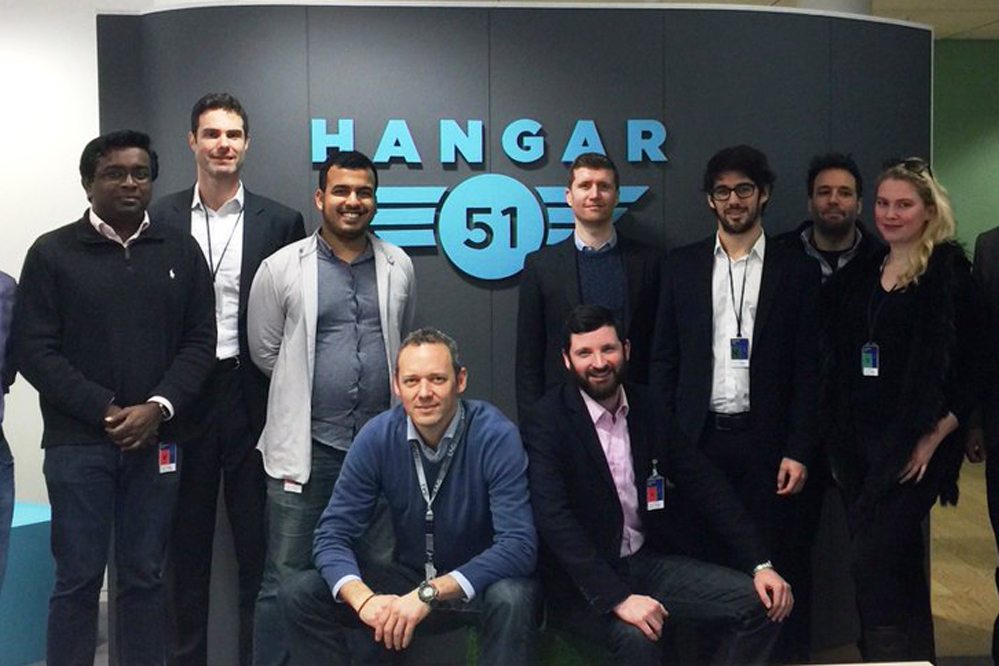
There has been a spate of travel companies launching programs to help travel technology startups get a leg up. One of the messages they try to impart to entrepreneurs is the need to both act and learn from mistakes quickly.
“Launching too slowly has probably killed a hundred times more startups than launching too fast,” as was noted in 2006 by Paul Graham, the force behind YCombinator, the most famous of startup mentorship programs.
But the incubators and accelerators themselves need to learn from their own mistakes, too, and adjust course. Otherwise, they won’t be able to compete to get the most-likely-to-succeed entrepreneurs applying for their programs.
In 2014, there were three travel-specific incubators and accelerators globally. Since then, enough travel tech incubators and accelerators have opened that there is a lively competition among them to see whose model works best.
These programs — the pioneers and the newcomers — include Airbus’s BizLab, Amadeus Next, Booking.com’s Booster, Cockpit Innovation Hub, Founder’s Factory’s travel practice, JetBlue Technology Ventures, Flight Centre’s Little Argas, International Airlines Group’s Hangar 51, Lufthansa’s Innovation Hub, Marriott’s Test Bed, Plug n’ Play’s travel practice, SOSA (South of Salame) and InnoVel’s Travel Tech Innovation Zone, Travelport Labs, and Travel Startups Incubator.
It’s still early days, but the companies say they have already learned a few things.
Amir Amidi, managing partner at the travel and hospitality center of innovation at Plug and Play Tech Center, says, “We started investing in travel in 2015, and we expected to find so many good companies every year. But what we’ve discovered is that the larger corporations have not been incentivized to work with newer players. They get away with not being innovative. So we’ve had to be much more patient about helping good startups gain traction.”
JetBlue Technology Ventures
This thought was echoed somewhat by Bonny Simi, head of JetBlue Technology Ventures:
“For us, the focused learning is that B2B (business to business), engineering-heavy startups have the greatest potential for us but we’ve also found that it’s harder for them to sell than B2C (business to consumer) companies. They typically haven’t hired their VP of sales yet or VP of marketing. The founders are better at building than at actually telling their story very well. In a B2B situation, that can be a problem.
“We have to do a better job of selling the startup internally and helping them through that because it delays the implementation to a major travel company’s enterprise mothership, if you will. We’re getting a lot better at that. But I didn’t realize how difficult it would be to be the translator.
“It’s frustrating if you invested an early startup and mentor them and get them right to that point where they’re ready to implement into systems and then you experience a collision with an IT department’s priorities.
“Imagine a startup that whose incremental contribution will be $2 million to…

